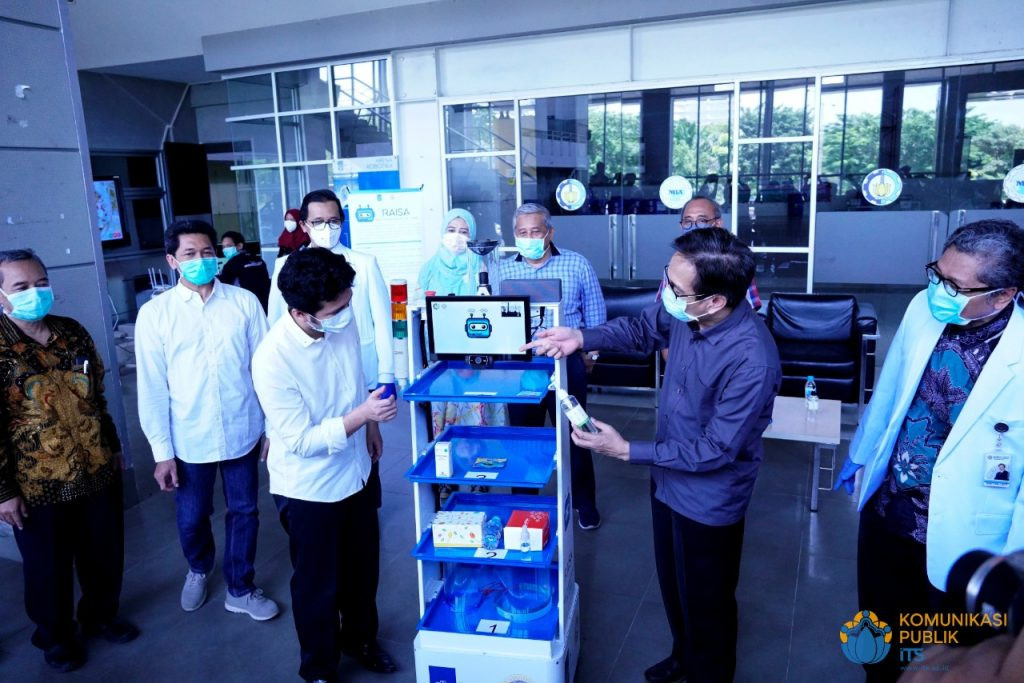Moh. Fiqih Prawira Adjie
The Jakarta Post
Jakarta / Wed, May 6, 2020 / 01:03 pm
As demand for medical devices and innovation grows in virus-hit Indonesia, the Research and Technology Ministry's consortium for COVID-19 studies has pushed for the development of domestically produced medical equipment, ranging from test kits to robot assistants, to boost the country's battle against the pandemic.
The consortium, comprising research institutes, universities, private companies and state-owned enterprises, has developed rapid diagnostic test kits to detect SARS-CoV-2 — the virus that causes COVID-19 — amid shortages of reagents used in polymerase chain reaction (PCR) tests, Research and Technology Minister Bambang Brodjonegoro said.

Yogyakarta-based Gadjah Mada University (UGM), Airlangga University in Surabaya, East Java, and medical equipment manufacturer PT Hepatika are set to produce 10,000 synthetic peptide-based Immunoglobulin G and Immunoglobulin M (IgG and IgM) antibodies rapid detection kits by Friday.
Some 50,000 more test kits will be made by June after the equipment passes the validation test through public use.
The Bogor Institute of Technology in West Java also aims to produce 10,000 gen spike and nucleocapsid rapid detection kits and codevelop 100 prototypes of biosensory-based rapid detection kits with Bandung-based Padjadjaran University by July.
Bambang previously acknowledged that rapid testing kits would be less accurate than PCR tests considered by experts to be the "gold standard" for coronavirus detection. However, he said the Indonesian Institute of Sciences (LIPI) was currently in the process of developing more accurate test kits using the reverse transcription loop-mediated isothermal amplification (RT-LAMP) method.
The LIPI-developed rapid testing kits are expected to be ready in July, Bambang said during a work meeting with the House of Representatives on Tuesday.
Read More